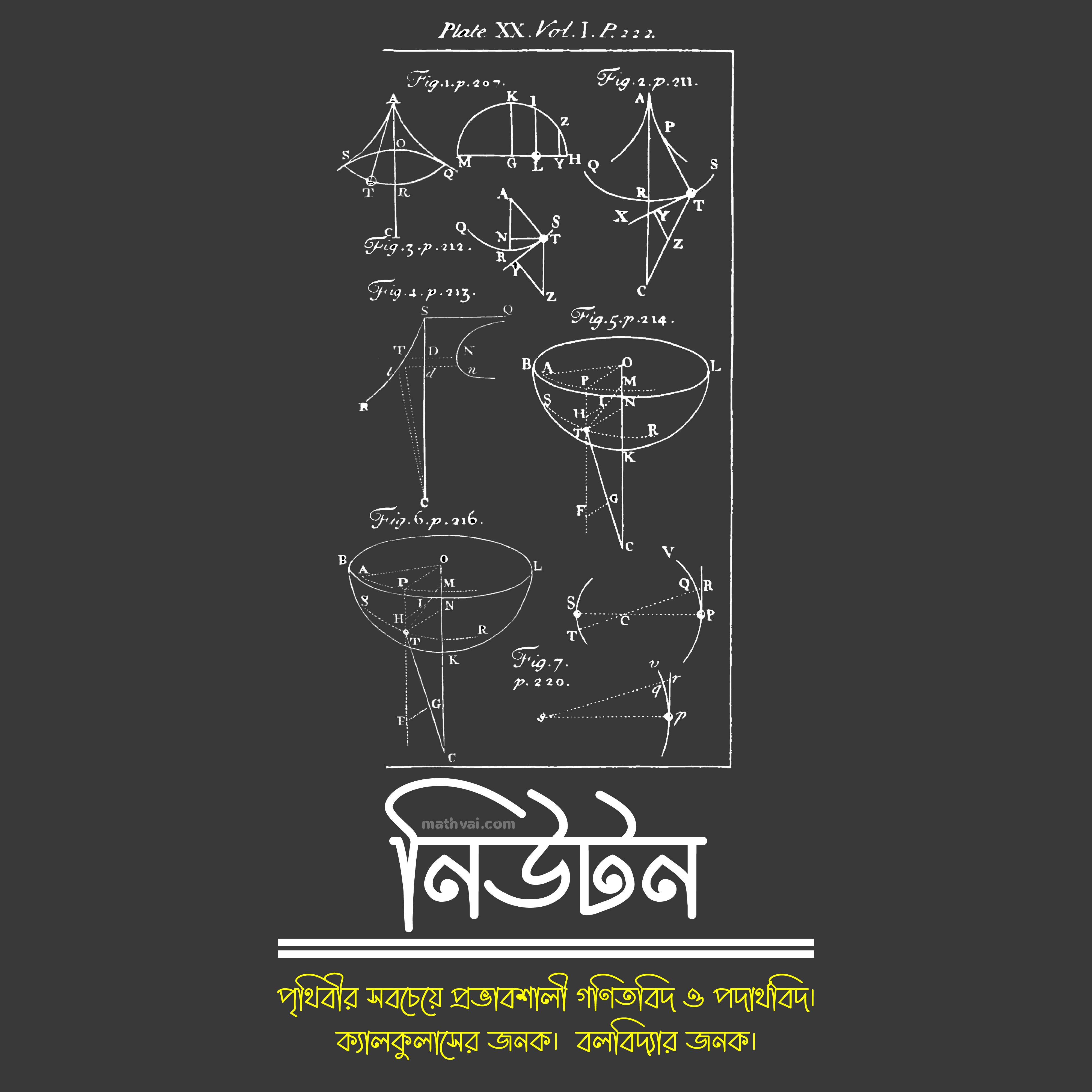Newton
Published - Fri, 20 Oct 2023

Sir Isaac
Newton, an English mathematician, physicist, and astronomer, stands as a
colossal figure in the history of science, primarily renowned for his
pioneering contributions to calculus and mechanics. Newton's seminal work,
"Philosophiæ Naturalis Principia Mathematica" ("Mathematical
Principles of Natural Philosophy"), published in 1687, revolutionized
scientific thought. Within this magnum opus, Newton formulated his three
fundamental laws of motion—laws that laid the groundwork for classical
mechanics. These laws elucidated how objects behave when subjected to forces,
defining inertia, acceleration, and action-reaction relationships, providing a
comprehensive framework for understanding the motion of celestial bodies and
terrestrial objects. Central to Newton's mechanics was his universal law of
gravitation, which mathematically described how every mass in the universe
attracts every other mass, a concept that profoundly altered our perception of
the cosmos and led to a deeper comprehension of celestial mechanics.
Moreover,
Newton's development of calculus independently of Gottfried Wilhelm Leibniz
established a mathematical framework to describe rates of change and solve
problems in various fields, especially physics. Calculus, comprising
differential and integral calculus, became an indispensable tool for
understanding motion, change, and physical phenomena. Newton's work in calculus
and its integration into the realm of physics provided scientists with the
means to explore and articulate complex phenomena, from describing planetary
orbits to analyzing the behavior of moving objects on Earth. His
conceptualization of derivatives and integrals expanded the realm of
mathematics, enabling scientists and engineers to model and predict phenomena
previously beyond mathematical reach.
Newton's
contributions in both calculus and mechanics were transformative, sparking a
scientific revolution and profoundly influencing subsequent generations of
scientists and mathematicians. His meticulous observations, mathematical
prowess, and revolutionary insights reshaped the scientific landscape,
cementing his place as one of the greatest scientific minds in history.
Newton's work not only laid the foundation for classical physics but also
established a framework for future scientific inquiry, inspiring centuries of
research and discovery in fields ranging from astronomy and physics to
engineering and mathematics. His legacy continues to reverberate through the
principles and methodologies that underpin modern scientific exploration and
understanding of the natural world.
Created by
Comments (0)
Popular categories
Mathematician Series
11Math Wall Poster
7Visual Math
7Chemistry
1Units
1Latest blogs

Brahmagupta
Sat, 16 Dec 2023

thales
Sat, 16 Dec 2023

Leibniz
Sat, 16 Dec 2023
